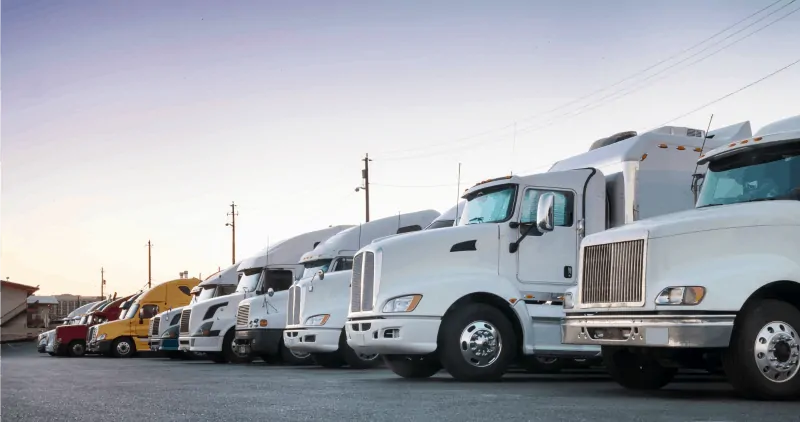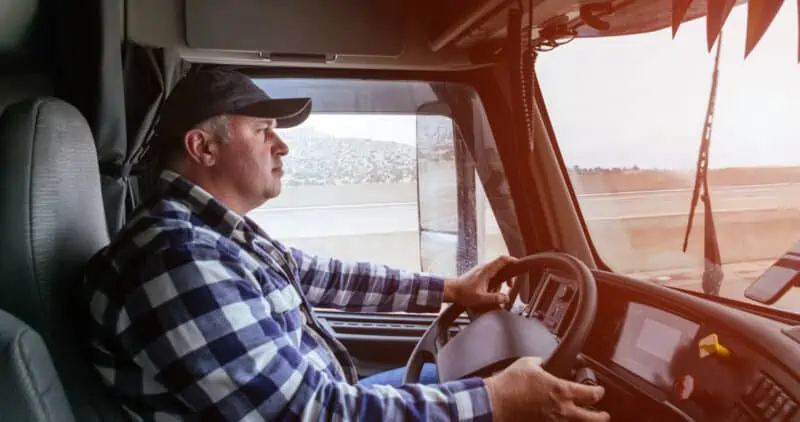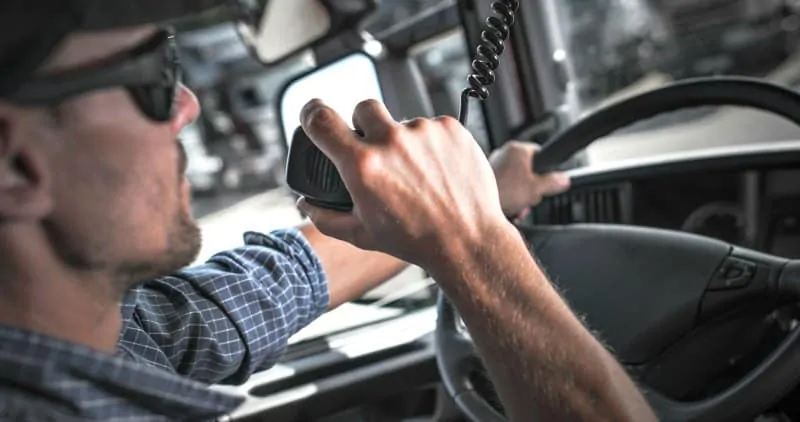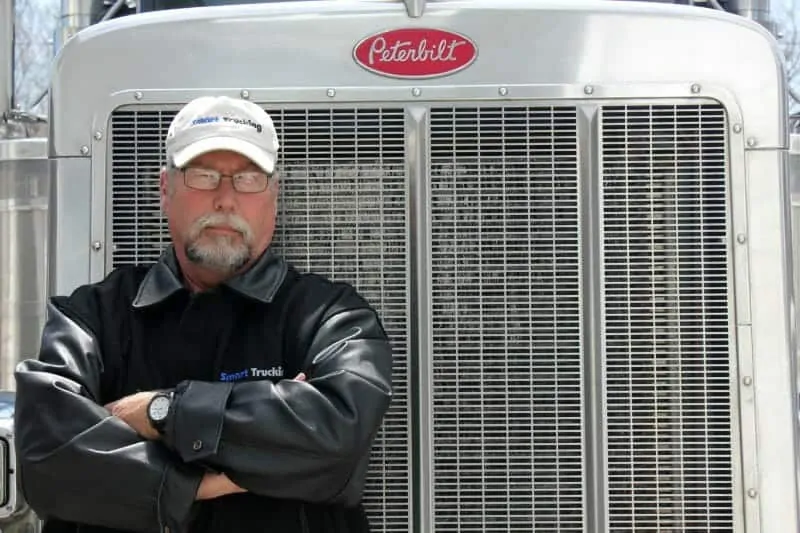Are you a rookie truck driver trying to learn the industry?
Don’t get discouraged. We were ALL rookies at one time. Yep, even me!
What Is a Rookie Truck Driver?
The word “rookie” sometimes gets a bad rap, but it’s not a negative term or an insult. It’s just a description of a stage in your career. In the Oxford English Dictionary, rookie is defined as “someone who is new to the job.”
That’s it.
And at some point in ANY career, everyone is new to their job. It has nothing to do with how well they do the job — just that they are on their way up.
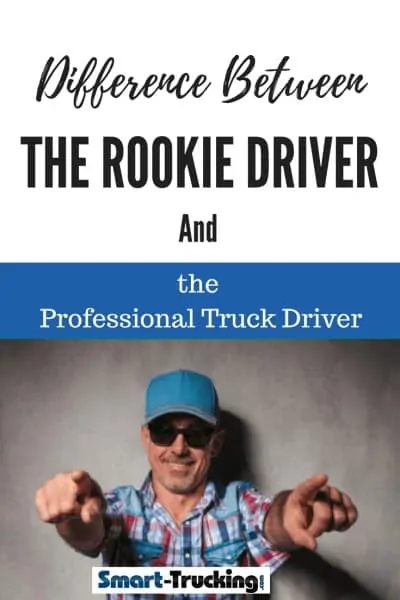
Rule #1: Don’t Get Complacent
The primary objective when starting out as a rookie in any job should be to hone your skills and get better. But it’s also important to remember that there is always room for improvement.
I’ve known truck drivers with 7-10 years experience who became over confident and made stupid mistakes. Even though they might be considered professionals, they are still prone to making ‘rookie mistakes’. Mistakes experienced drivers should never make. But do you know why they made them?
They got complacent.
After years of driving trucks, it’s easy to get complacent. You might start to feel like you’ve conquered the learning curve and have nothing left to learn.
And that’s when you’ll slip up. Overconfidence will cause drivers to make rookie mistakes, even if they’ve got years of experience.
There’s nothing wrong with being a rookie. But professionals who make rookie mistakes because they stop learning and improving is a different story.
Related > 5 Important Things You Should Know About a Career in Trucking
Rule #2: Train With a Professional
The American Trucking Association (ATA) promotes training new drivers with new trainers who are new drivers. Their goal with this method is to be able to move freight as soon as possible. Their objective is to maximize profits rather than moulding safe and conscientious drivers.
I wholeheartedly disagree with this method. I am not in favour of training rookies with rookies and I think the reasons are pretty obvious. In fact, I feel this practice should be illegal.
But the bottom line is — the level and skill set of the driver you become is UP TO YOU.
It’s the time and effort the individual drivers put into improving their own driving skills that will take them from rookie to professional.
I have been driving professionally for more than 40 years. However, if I decided to take a job hauling oversized loads, I would be a rookie at this type of trucking. And I wouldn’t hesitate to seek the advice of a professional in that field.
Related > 7 Things You Need To Know About Your First Year as a New Truck Driver
Rule #3: Don’t Lose Focus
Like I said earlier, your objective should be to consistently improve your driving skills as each year passes. Learning is accumulative. The more experience you have as a driver, the better you should be.
But a truck driver must WANT to improve their skills. They must WANT to be a safer driver. Just like with any job, being a good driver is not just a matter of hopping behind the wheel and hoping it all goes well.
If a trucker concentrates and focuses on his driving each day, he WILL become a better driver. But it truly is a job which requires the driver’s full and undivided attention.
If the driver is more interested in texting and other distractions than driving well, he or she will always be a rookie. This is true no matter how many years of driving experience they have.
When I started my truck driving career, my goal was to be the absolute best driver I could be. I would follow experienced drivers and learn from them. I would observe their actions and ask them a lot of questions.
Related > Truck Driver Skills: Tips, Tricks + Step By Step Instruction
Conclusion
Rookie is not a dirty word.
Just do your best not to stay that way. Work at your driving skills continually and do what you can to become a better driver.
Don’t get complacent, train with professionals, and stay focused.
If you follow these three rules, you’ll be amazed at how quickly you will go from rookie to professional.


